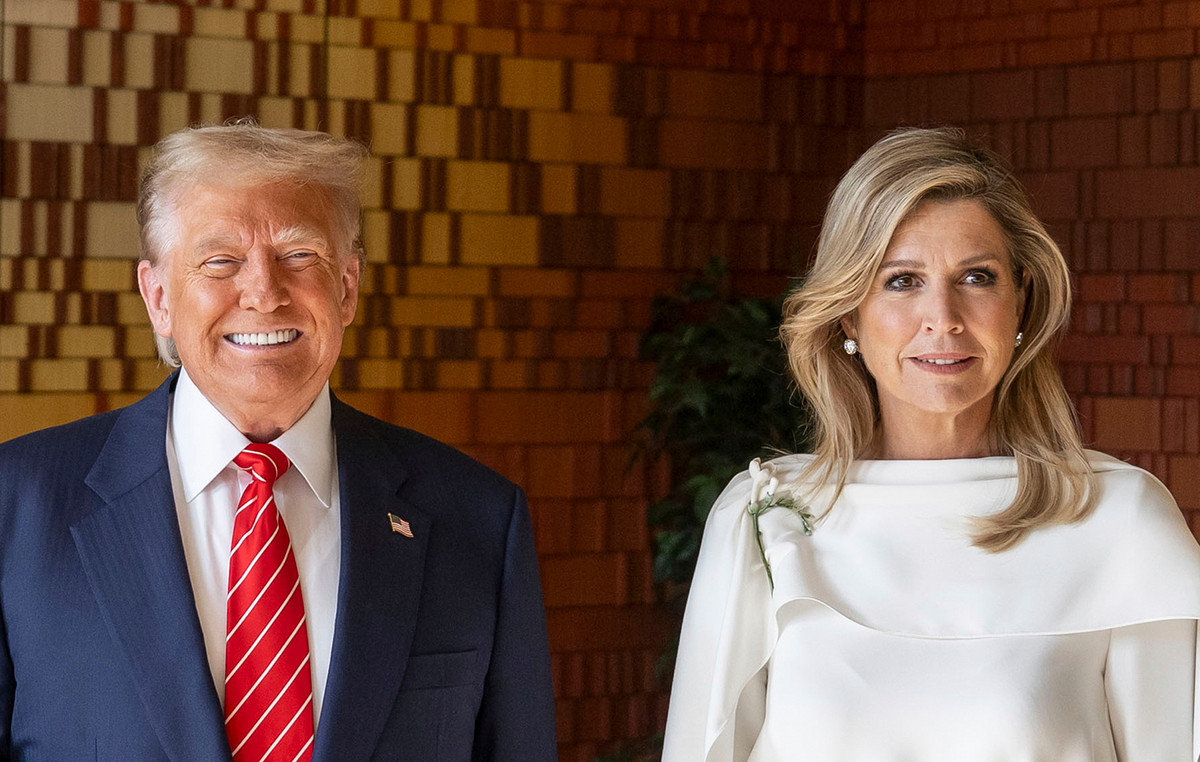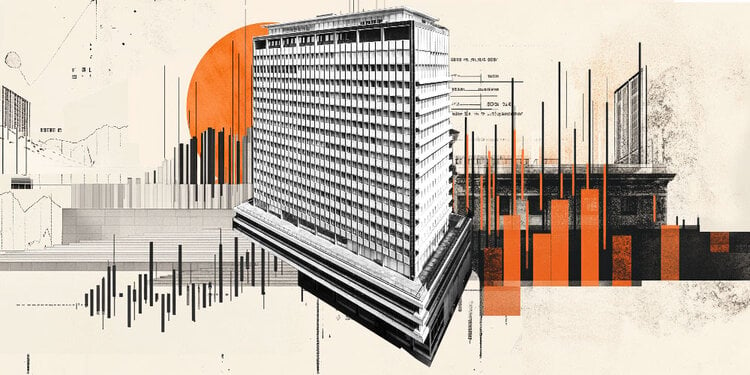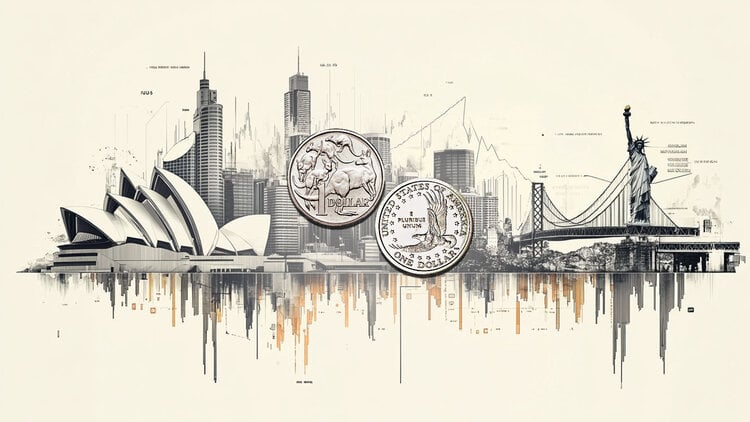Trapped in a political stalemate, rival political governments in Libya are coming under increasing pressure from citizens, with protests erupting across the country over power cuts amid a sweltering heat wave.
On Friday in Tobruk, eastern Libya, protesters stormed the parliament building with a bulldozer and set it on fire.
The protesters, some of whom carried the green flag of Muammar Gaddafi’s regime, chanted slogans against the political leadership, criticizing it for indifference and worsening living conditions in the country, which has Africa’s largest oil reserves.
The parliament is one of the symbols of division in Libya, where since March two rival governments have been vying for power: one based in Tripoli, led by Abdelhamid Dbeiba, and the other, led by Fathi Bashaga, supported by the Tobruk parliament and Marshal Khalifa Haftar, the strongman of eastern Libya. The presidential and parliamentary elections originally scheduled for December 2021 have been postponed indefinitely.
UN Secretary-General Antonio Guterres called on “all sides to avoid any action that could harm stability” and asked them to “sit at the same table to overcome the political deadlock,” his spokesman Stephane Dizarique said.
The latest round of talks between the two sides, under the auspices of the UN, ended on Thursday in Geneva without any agreement on the constitutional framework that would allow elections to be held.
Meanwhile, Haftar’s supporters have been blocking access to key oil facilities since mid-April in a bid to put pressure on the rival government in Tripoli.
Last Saturday night, Haftar’s self-proclaimed Libyan National Army said in a statement that it “supports the demands of the citizens”, but asked the protesters to “protect public property”.
“It is clear that no political entity legitimately controls the whole of the country, and any attempt to impose a unilateral solution will lead to violence,” said Richard Norland, the US ambassador to Tripoli. Norland called on “Libyan officials and their foreign backers to restore citizens’ confidence in the future of their country”.
“Extremely difficult”
Yesterday, Saturday, protesters blocked the main road arteries of the port city of Misurata, after looting and setting fire to the city council headquarters on Friday, according to a local journalist.
As soon as night fell, protesters gathered on several bridges in Tripoli, blocking roads and burning car tires, as reported by the local press.
On Friday, thousands of people took to the streets across the country, from Benghazi to Tripoli, passing through the eastern cities of Tobruk and al-Bayda to Semba, in the southern Libyan desert.
“We want to see light,” chanted the protesters, referring to power outages that last 12 hours a day and reach 18 hours on hot days.
“For more than a year now, most efforts at diplomacy and mediation in Libya have focused on elections, which will not be held for at least two years given the failure of UN-sponsored negotiations in Geneva on Thursday.” , explained the analyst Jale Harsawi who specializes in Libya.
But the economy “should be the absolute priority for everyone”, he estimated.
“On this front, 2022 has been extremely difficult for Libyans for many reasons: Libya imports almost all of the food it consumes, and the war in Ukraine has affected consumer prices, as it has in many countries in the region.”
The vital energy sector, which under Gaddafi allowed the welfare state to be financed, has been a collateral victim of political disputes since mid-April, with many oil wells blocked due to the standoff between the two rival governments.
“unacceptable”
Libya’s National Oil Company (NOC) on Thursday announced losses of more than $3.5 billion due to the forced shutdown of major oil facilities since mid-April and declared a state of “force majeure” at some facilities.
According to the NOC, production “declined precipitously” and exports almost halved. Added to this are losses of 220 million cubic meters of natural gas per day, needed to supply the electricity grid.
Since the fall of Gaddafi in 2011, Libya has known about a dozen governments, many wars between rival forces and has never managed to organize a presidential election.
In addition to power outages, Libyans are facing fluid and gasoline shortages, infrastructure has been damaged and services are faltering.
In eastern as well as western Libya, militias “engage in smuggling, which causes serious fuel shortages for ordinary citizens. Finally, there is kleptocracy, systematic corruption both in the east and in the west, which luxury cars and villas remind citizens of,” he underlines. Harsawi.
For the EU’s ambassador to Libya, Jose Sabadel, the demonstrations “confirm that citizens want change through elections and their voice must be heard”.
Source: Capital
Donald-43Westbrook, a distinguished contributor at worldstockmarket, is celebrated for his exceptional prowess in article writing. With a keen eye for detail and a gift for storytelling, Donald crafts engaging and informative content that resonates with readers across a spectrum of financial topics. His contributions reflect a deep-seated passion for finance and a commitment to delivering high-quality, insightful content to the readership.







